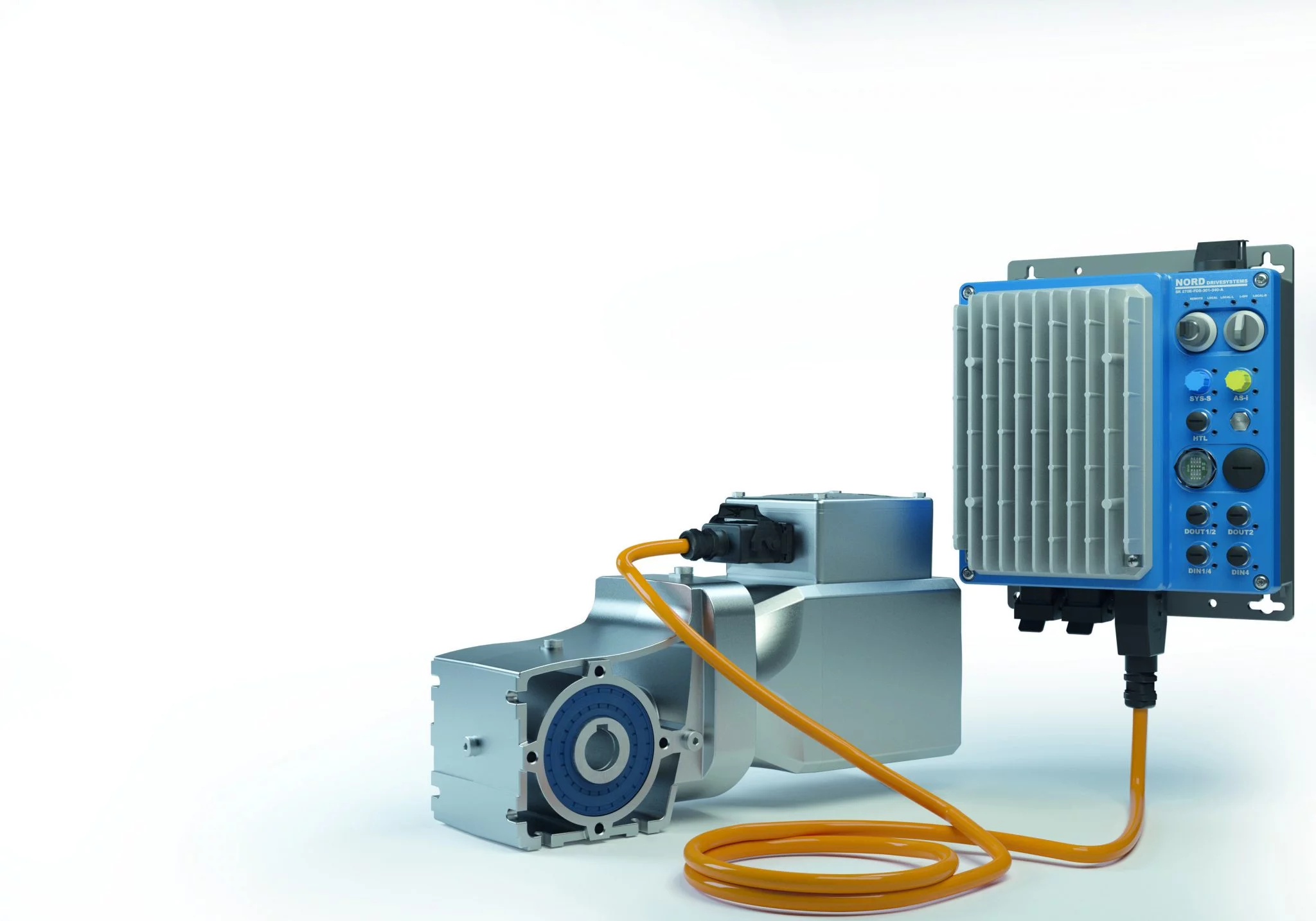Spanish rail specialist Transfesa Logistics has offered tips to cope with confinement, using the experience of its guild of train drivers, whose daily lives involve such isolation.
Among the professionals responsible for making this supply possible are train drivers, who continue to carry out the traffic of first necessity goods these days. This guild is very accustomed to carrying out its activity in small spaces, such as train cabins, in solitude and for most of their workday. They can also spend several days a week away from home, in hotels and in different cities and their work shifts are usually nocturnal, as most of the goods are transported at night.
Listening to their testimonies right now can help better cope with this state of alarm in which many people are at home and help endure in these exceptional times.
Among the tips they share, they highlight the “tolerance to frustration”, as can sometimes occur in the face of a lack of company. Jesús Marchante, Head of Drivers at Transfesa Logistics, points out from what he learned that “loneliness is one of the things that I had the most difficulty facing at first. In my previous job, I interacted continuously with other people. Over time, however, I began to value it. I think it’s important to note that we can now use those times with oneself to sort out our thoughts.” Also José Ramón Moreno, driver of Transfesa Logistics, points out that “learning to live with yourself is key”.
Regarding working remotely, Marchante considers that “concentration is essential. For people who are not used to being alone and who have changed the office for their home, I would tell them that you have to try to disconnect from personal problems and get into work mode when you have to start your workday. We say that our worries stay at the ticket counter before we get on the train.” José Ramón Moreno explains that, for him, “having a daily routine, putting a schedule in place and trying to fulfil it helps a lot. Above all, completely dedicate yourself to the task at hand. To do this, it is important to prepare everything before starting the activity so as to avoid getting up and getting distracted constantly, which leads to loss of concentration, be it a coffee, a glass of water, the phone, etc. Completing what you set out to do, and in the expected time, provides the satisfaction needed to start on the next objective. It is essential that everything follows a set order.”
Both agree on other recommendations such as small breaks that they consider essential “relaxing for 5 or 10 minutes between tasks and trying not to think about anything before starting something new”, adds José Ramón Moreno. This is accompanied by very useful guidelines such as “clear separation of spaces” for work and relaxation.
Another important point at times like the current one is to maintain constant contact with colleagues and close friends “these days we are holding online meetings almost daily; these connexions help us keep our spirits up and in a good mood. For drivers and, therefore, for everyone in this situation, it is also very important to be able to be connected with our family and friends in our free time and thus not isolate ourselves.”
Also, remember that “digital disconnection and resting is important as well. We drivers often change shifts and, to be able to sleep, I think it is essential to concentrate on sleep, to close our eyes and try not to get up, or to not lose your patience if you do not go to sleep in the first 10 minutes.”
They also emphasise that time for oneself must be found “for us, who spend many hours in hotels, alone, in cities that are not our own, it is important to set goals, such as improving our language skills or reading more. Also, don’t fall into inactivity, spend a few hours exercising, whenever you can. There are many apps that help you do sports anywhere,” says Marchante. In this regard, José Ramón Moreno recommends stretching sets or yoga, which can be done in enclosed spaces, to avoid back pain.
Transfesa Logistics is the leading company in logistics solutions and “door-to-door” freight. It comprises 1,350 highly-qualified professionals and bases its differential strategy on profound knowledge of the rail sector. It is currently the leading private rail operator in Spain.






